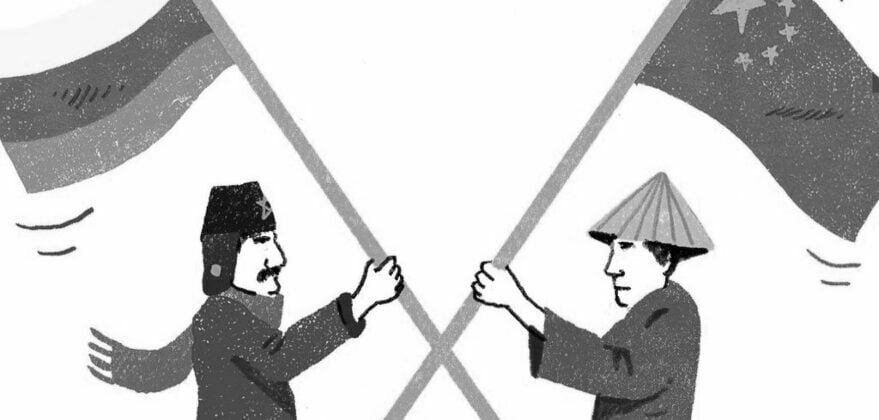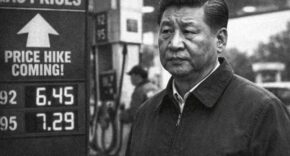China’s demand for Russian energy has soared in recent months and Beijing is now importing roughly 29% more liquefied natural gas (LNG) and 64% more pipeline gas from Moscow than it did last year.
This increase has occurred despite economic troubles and a housing crash that should have resulted in decreased demand. Conveniently, China now finds itself with excess gas at a time when European markets are starving as a result of sanctions related to Russia’s invasion of Ukraine.
And because the Russian gas being sold to China is “tolled” in China, it can be resold as “Chinese LNG.” On paper, this means EU nations can purchase that gas from spot markets and still claim to oppose Russia.
Chinese oil refiner Sinopec Group confirmed it had funneled surplus LNG into the international market and Chinese LNG trader JOVO Group said it sold an LNG carrier (tank ship) to a European buyer in a deal that could be worth up to $100 million.
Ironically, because China is selling the Russian gas at inflated prices, EU nations are now contributing more than ever before to the coffers of Presidents Vladimir Putin and Xi Jinping.
Europe’s imports of LNG have jumped by 60% during the past six months and the total amount of “Chinese LNG” resold during that time frame is equivalent to roughly 7% of Europe’s total gas imports during that time frame.
On the flip side, Europe is growing increasingly dependent on China and that relationship could impact the bloc’s response should China finally decide to invade Taiwan.
As noted in the Financial Times, “The more desperate Europe becomes about its energy supplies, the more China’s policy decisions will have the power to affect the bloc.”
Some analysts are concerned the steep prices the bloc is now forced to pay for LNG could spark a recession – not to mention what could happen when China’s economy bounces back and it no longer has excess LNG to offer.











